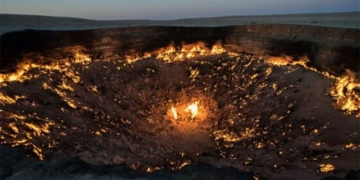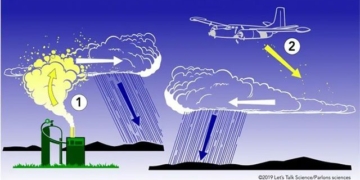FIFA believes that hackers will launch a series of attacks on the network systems of this year’s World Cup.
 |
| Source: World Cup 2006 |
Roger Jones, the business development director at Avaya – FIFA’s network partner for this year’s World Cup, believes that hackers will continue to replicate familiar denial-of-service attack methods, even though these tactics were unsuccessful during the 2002 World Cup, the 2003 FIFA Women’s World Cup, and the Confederations Cup.
According to Avaya, as of now, just hours before the opening match, there have been no “notable” attacks reported. Jones stated that in preparation for the World Cup, they have contracted several well-known white hat hackers to test the strength and defenses of the network system.
Similarly, Mike Kelly, FIFA’s IT solutions director, revealed that the security expert team has “stress-tested” the system in various simulated scenarios.
Kelly acknowledged that the information FIFA holds is a tempting target for hackers. However, he expressed “extreme confidence” that FIFA and its partners have taken all possible measures to prevent attacks.
During a press conference, Jones noted that the IT command center for the 2006 World Cup located in Munich will have top security experts on standby. However, he declined to disclose the names of the companies involved in this year’s security framework, from virus scanning providers to firewalls and intrusion prevention tools.
The only information Jones shared was that the system has been “significantly redesigned and is very different from the technologies used in previous World Cups“.
Jones mentioned that the converged IP network used in this year’s World Cup offers significantly more benefits compared to separate audio and data solutions. It not only requires less infrastructure installation and manpower, saving effort, but also results in substantial savings on telephone costs.
Thien Y




















































